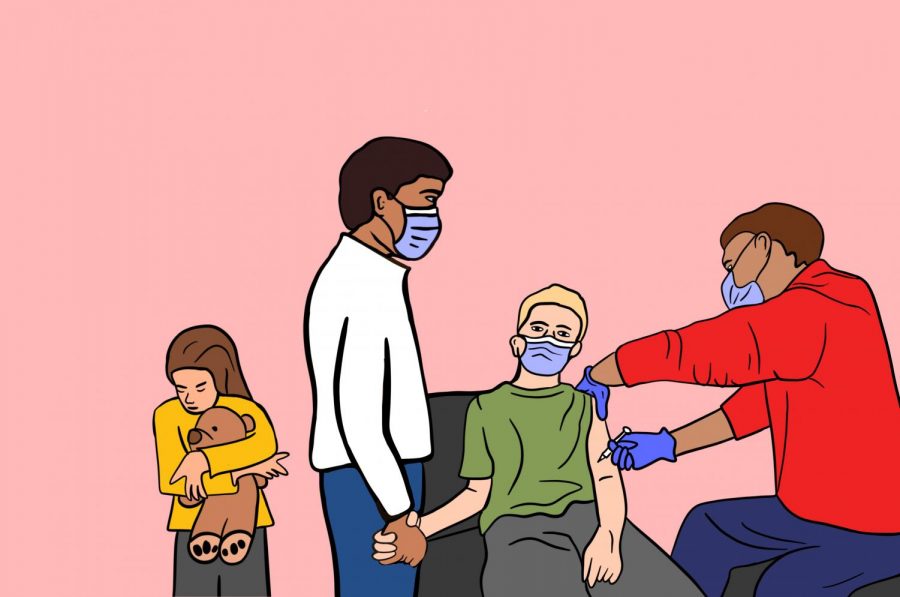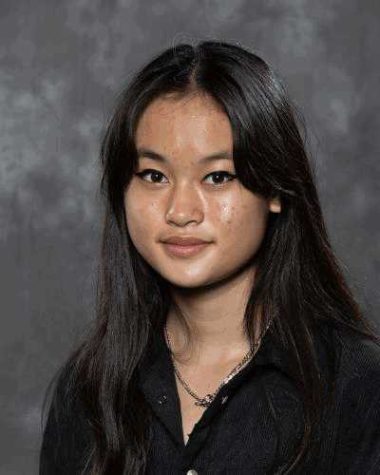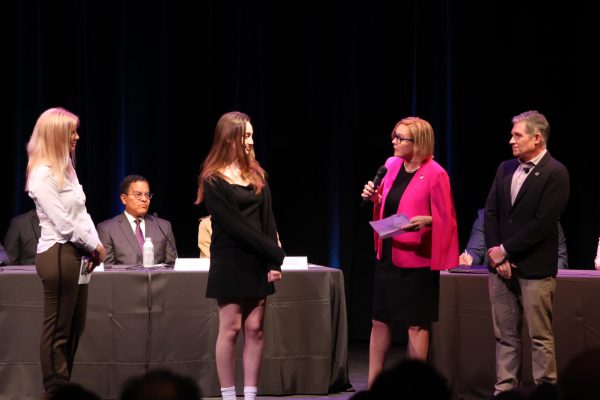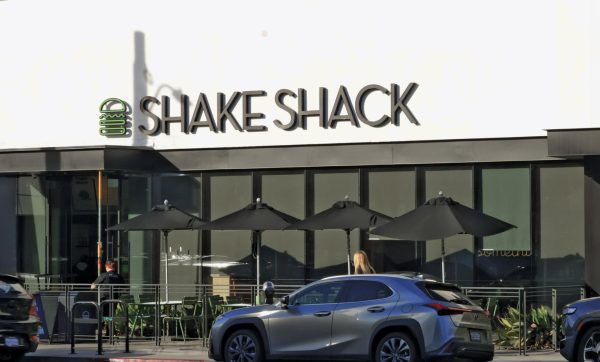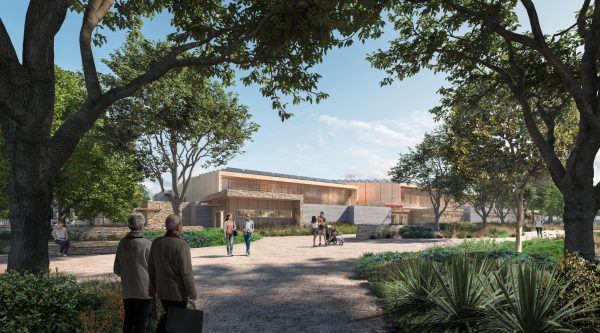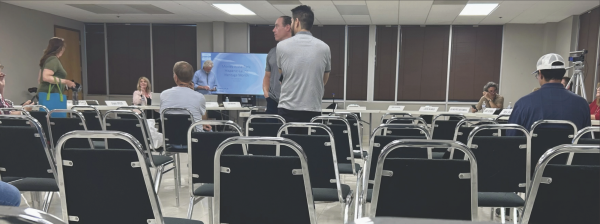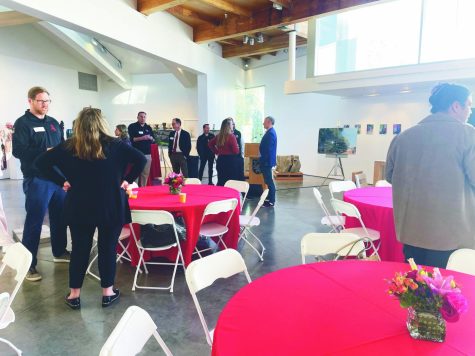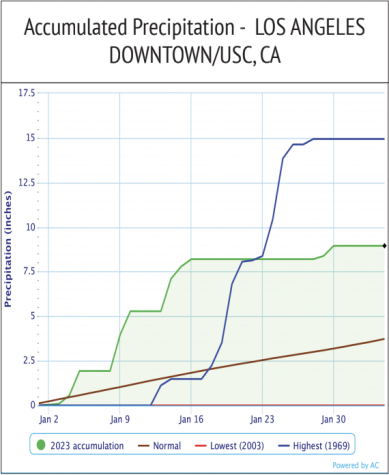FDA authorizes booster for children five to 11
November 21, 2021
The US Food and Drug Administration (FDA) authorized 10-microgram doses of the Pfizer-BioNTech vaccine to be administered three weeks apart to children ages five to 11.
California received 1.2 million doses of the Pfizer-BioNTech vaccine last Wednesday following the recommendation from the Centers for Disease Control and Prevention (CDC) and approval from the Western States Scientific Safety Review Workgroup, a coalition of public health experts from California, Nevada, Oregon and Washington, on Nov. 2 and Nov. 3, respectively.
Public health officials across the state are gearing up to administer thousands of doses to children within the approved age range. Federal regulators will meet over the next two weeks to weigh the safety and effectiveness of giving low-dose shots to the roughly 28 million children within that age group.
Governor Gavin Newsom announced Oct. 1 that California will require the vaccine for all students attending K-12 schools and mandate their return to in-person classes once the FDA gives full approval. Newsomemphasized California’s focus on vaccinating children as more doses become available.
According to an FDA announcement, the vaccine was administered and studied in roughly 3,100 children ages five to 11, with no serious side effects detected in the ongoing study. The report stated that side effects were generally mild and disappeared within one to two days, though a higher number of children reported side effects after the second dose.
The official recommendation is to receive the second dose three weeks after the first. However, the CDC said the second dose may not be available until up to six weeks after the first is administered. Studies in British Columbia have shown vaccine effectiveness against infection was 90% or higher if the interval between the two doses was greater than six weeks; the effectiveness dropped to between 82 and 85% if the time between shots was three to six weeks.
A survey published by the Kaiser Family Foundation shows that 27% of parents with children ages five to 11 look forward to vaccinating them. Thirty-three percent said they will wait for a period to determine for themselves the success of the vaccine and 30% said they will not vaccinate their children.
History and Social Studies Teacher Lilas Lane shared her experience with getting her child vaccinated.
“My daughter is 13 and she was vaccinated pretty quickly after the vaccine became available for 12 to 18-year-olds,” said Lane. “I have always been a careful parent when it comes to vaccines, spreading them out and choosing not to vaccinate when the risk was not high. But I do believe vaccines save lives in the community.”
Head of Communications & Strategic Initiatives Ari Engelberg shared his opinion on the new policy.
“Children ages five through11 should get vaccinated if their pediatrician believes it is safe for them to do so,” said Engelberg. “I feel that the California COVID-19 vaccine requirement for K-12 schools is good public health policy.”































